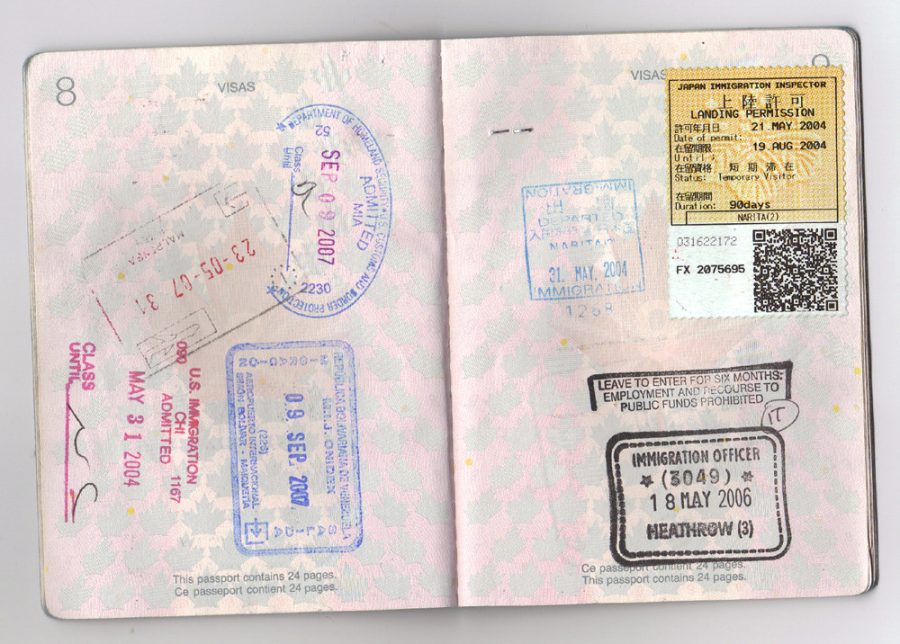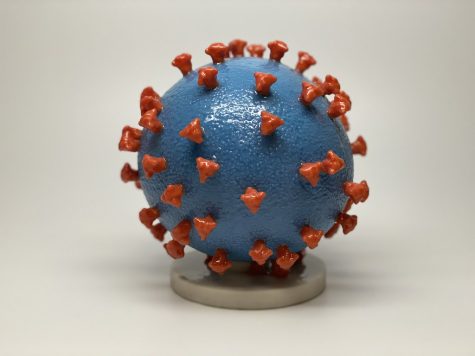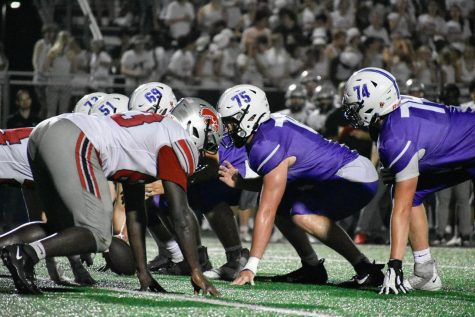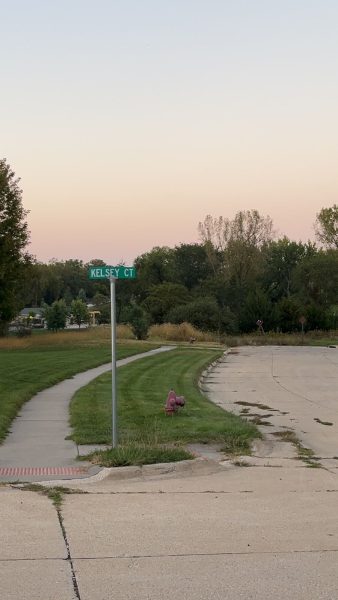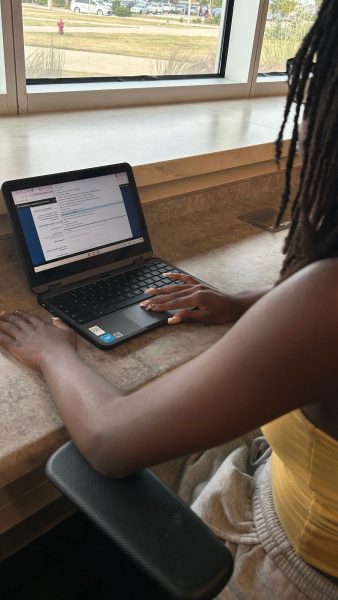Vaccine Passports
Liberty students and staff share their opinions about a new form of identification being introduced
“passport” by One-Fat-Man is licensed with CC BY-SA 2.0. https://creativecommons.org/licenses/by-sa/2.0/
340 million people have been fully vaccinated worldwide with 119 million people in the US. As people continue to get vaccinated, more businesses will reopen but many of them will want to take precautions and keep everyone safe. Recently, a new idea was introduced for businesses to consider. Vaccine passports are ways for you to be recognized that you are fully vaccinated against COVID-19. These passports come in all shapes and sizes. They can consist of documents, digital health certificates, or even smartphone apps. Many companies are working on credentials for traveling and accessing public spaces or events. Two companies, Clear and IBM, are developing apps that let you show that you’ve received a negative COVID-19 test or you’ve been fully vaccinated. New York and Hawaii are the first states to introduce these passports to their citizens and visitors while states like Texas and Florida have passed laws against requiring them.
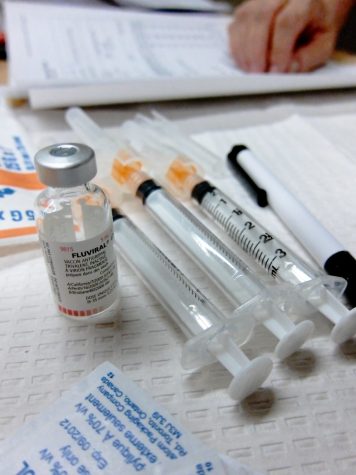
On April 28, 2021, the Iowa House voted to pass a ban on vaccine passports in Iowa. The bill passed by a 58-35 vote with seven absent/not voting. This bill states that businesses that require proof of vaccinations from customers, clients, or others will become disqualified for state contracts or grants. These businesses include retailers who are required to have a sales tax permit, a non profit/not-for-profit organization or an establishment that’s open to the public or limits entrance by a membership requirement. This bill’s prohibitions wouldn’t apply to health care facilities such as hospitals or nursing homes and would not affect employers requirements for their employees.
On an Instagram poll, 23 Liberty students responded that they supported vaccine passports and 6 responded that they did not. Liberty Junior Alaina Wilson shared her support for these passports.
¨I do support vaccine passports because it will encourage more people to get vaccinated, and it would bring us one step closer to getting back to normal, but it would take longer to get into certain places if they have to go through and check each person’s status,¨ she said.
Megan Quinn, freshman, also responded to the poll and explained why she opposes this new form of identification.
¨I don’t support vaccine passports as they are used [for] entering certain places, sporting events, public areas and international travel. I encourage people to get the vaccine, but there are people who can’t get it because of allergies and stuff, and it’s not fair to them.
If these passports get adapted then some businesses would use this as an ‘entry ticket’ as masks once were.¨
Nate Oswald, science, shared his opinions about this new idea and about possible effects resulting from vaccine passports being required.
¨I have mixed feelings with my limited knowledge, but I guess it doesn’t sound like a terrible idea if a country, state, or a location would feel strongly about it and keeping their country virus free but, I worry about a slippery slope of restrictions of personal freedoms, like travel, coming down the line. So, I’m conflicted, and honestly would have to do more research to have a better conclusion. It might be interesting if some states require it, and some don’t, but enforcing it outside the jurisdiction of an airport seems like a logistical nightmare, and I’m sure many people in law enforcement didn’t get into that profession to check passports across the state line.¨
Wilson and Quinn also mentioned what they think are some positive and negative effects of these passports.
¨Some positives of vaccine passports would be not having to wear a mask when out with others and it encourages more people to get vaccinated. Some negatives would be fake passports being made and not wearing masks in general. Even if you are vaccinated, there is still a chance that you can spread the virus when not wearing a mask,¨ stated Wilson.
Quinn said, “A positive is that it would encourage people to get vaccinated who are indecisive and a negative would be discrimination against people who can’t get it because of allergies or religious reasons. I understand that it could be seen as an extra precaution for countries still struggling with COVID, but it’s up to those countries to regulate their restrictions.”
As more people are learning about vaccine passports, opinions will continue to be made. It’s too early to tell if these passports could be beneficial or not but as more citizens continue to be vaccinated, we are all working towards getting back to some sort of normal.

Chloe is a senior at Liberty and this is her second year on staff. At Liberty, Chloe is involved in cheerleading and tennis. Outside of school, she enjoys...



